This book addresses the political and aesthetic concerns of modern Indian theatre, tracing its genealogies, and looking in particular at its appropriation of ‘folk’ theatre, as it sought to constitute itself anew after indenendence. In the heady early decades of the nation’s self-discovery, it seemed natural to turn to Hindi as the national language of production. What theatrical practice could this newly realized ‘national’ theatre invoke? Was there dramatic composition in modern Hindi, did it have any theatrical tradition? Vasudha Dalmia into the past, to the plays of Bharatendu Harischandra in 1870s Banaras, and forward from there to Jayshankar Prasad and Mohan Rakesh, landmark figures in the history of modern Hindi drama. Later, Dalmia focuses on the intense urban interaction with folk theatre forms, their politicization in the 1940s and once again in the 1970s, which was to crystallize particularly through contact with Bertolt Brecht’s epic theatre. Brecht’s theatre held out the promise of widening the scope of middle-class concern, as much as of overcoming the bound of the proscenium stage. The overall focus of the volume is on the politics of modern Indian theatre, particularly the action and reaction inspired by official policy-making in the capital of the country, and in an essay devoted to just that, its international representation. The last chapter maps some of the routes taken by the avant-garde women directors of the last decade of the 20th century.
Poetics, Plays, and Performances: The Politics of Modern Indian Theatre
In stock
Free & Quick Delivery Worldwide
reviews
Bibliographic information
Title
Poetics, Plays, and Performances: The Politics of Modern Indian Theatre
Author
Edition
1st ed.
Publisher
ISBN
0195674731
Length
xiv+366p., Plates; Notes; References; Index; 23cm.
Subjects

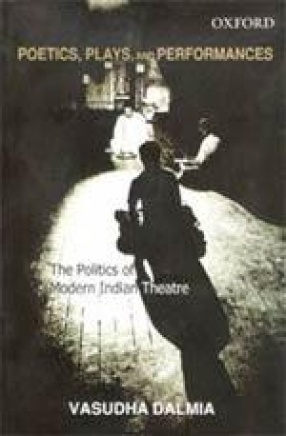
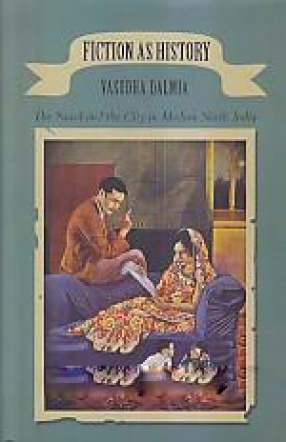
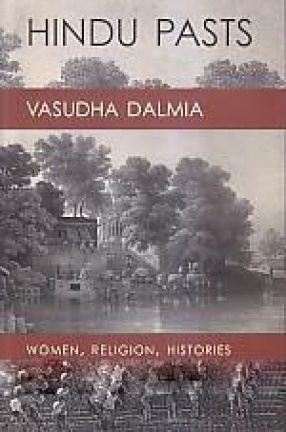
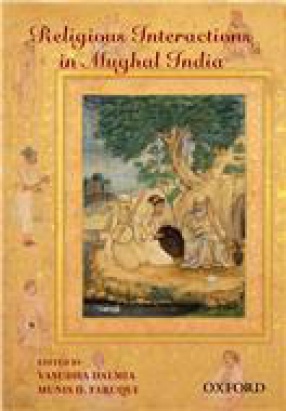
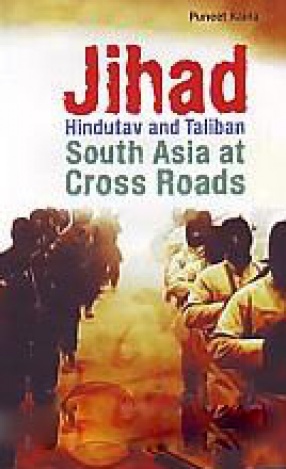
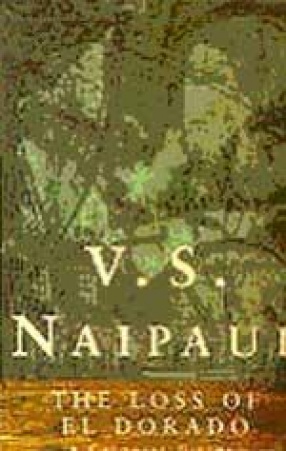

There are no reviews yet.